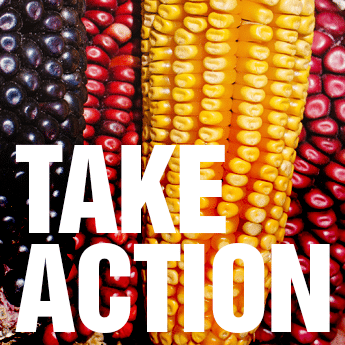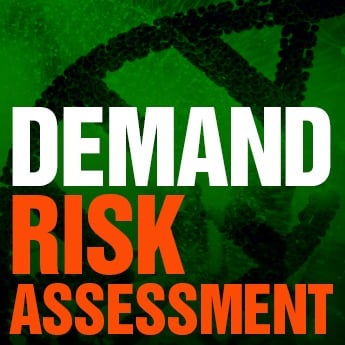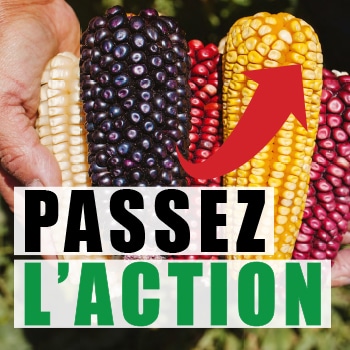International Solidarity
Canadians can play a very positive role internationally and we have a lot to learn from peasant organizing across the world.
Canadian Government policies directly and indirectly affect peoples and communities across the world. Canada is one of the top five countries growing genetically engineered crops. Our government works through bi-lateral trade agreements and international bodies like the United Nations Convention on Biological Diversity, the World Trade Organization and Asia-Pacific Economic Cooperation to influence policies and regulation in other countries. Health Canada also trains government scientists in other countries on how to regulate GE crops.
Canada, with the United States and Argentina, initiated a dispute settlement process at the World Trade Organization against Europe’s moratorium on GE crops. Click here for more information on GE and trade issues.
CBAN seeks out the views of peasant movements across the world on issues relating to genetic engineering and industrial agriculture. CBAN strives to work in solidarity with peasant and rural communities across the world.
In March 2007, CBAN and Members USC, Inter Pares and the National Farmers Union hosted a Network-to-Network meeting with the West African network COPAGEN. CBAN also organized meetings with government officials, and a public event in Ottawa with COPAGEN representatives; COPAGEN also joined Union Paysanne for their annual Colloque and CBAN Member group Inter Pares regularly attends COPAGEN annual meetings. CBAN continues to build our partnership with COPAGEN and with other groups in the global South.
CBAN Members working directly with partners internationally:
The National Farmers Union: Did you know that the National Farmers Union is a founding member of the international peasant movement La Via Campesina? Via Campesina is a global movement that brings together organizations representing small- and medium-scale farmers, peasants, agricultural workers, rural women, and indigenous communities.
Inter Pares: Inter Pares supports supports communities in Africa, Asia, Latin America, and Canada to create sustainable livelihoods and healthy futures. Inter Pares supports CBAN’s links to social change work abroad, promoting relationships of mutual support among activists.
USC Canada: USC works with people and organizations in more than 10 countries in Africa, Asia, and Latin America. Agriculture is the central focus of their work because it is so central to the lives of the poor in all the countries where they work. Through the Seeds of Survival Program, USC promotes long-term food security for marginal farming communities in all partner countries. USC supports the Ban Terminator Campaign with outreach activities across Canada.
Other Links
- La Via Campesina for information on peasant organizing around the world
- Third World Network for information on trade agreements and intellectual property rights
- Pesticide Action Network – Asia Pacific for information on resistance to genetically engineered rice and pesticides
- Deccan Development Society for information on seed saving in India and the impacts of Bt cotton on Indian farmers
- African Centre for Biodiversity for developments and information on the regulation of genetic engineering in Africa
- GRAIN for international developments






